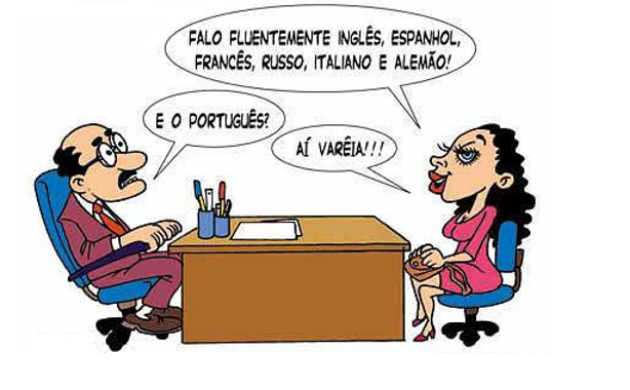Anaphora is a figure of speech in the Portuguese language, which consists of the conscious repetition of a particular word or expression in order to reinforce its meaning.
The anaphora is a linguistic resource widely explored by several literary authors, especially among poets and musicians. By default, the repeated word or phrase is at the beginning of each sentence, period or sentence.
Currently, the use of anaphora is also very common in film productions, but in this case for refer to the consecutive repetition of images, giving a sense of routine to the story, from the sequence of the scenes.
Etymologically, the word “anaphora” originated from the Greek anaphora, a term that can be translated as “keep or bring a repetition”.
Examples of anaphora
It was such a high star!
It was such a cold star!
was a star alone
Glowing at the end of the day.
(Manuel Bandeira)
It's stick, it's stone, it's the end of the road
It's a remnant of stump, it's a little lonely
It's a shard of glass, it's life, it's the sun
It's night, it's death, it's the noose, it's the hook
(Tom Jobim)
Learn more about meaning of Figures of Language and see some examples.

